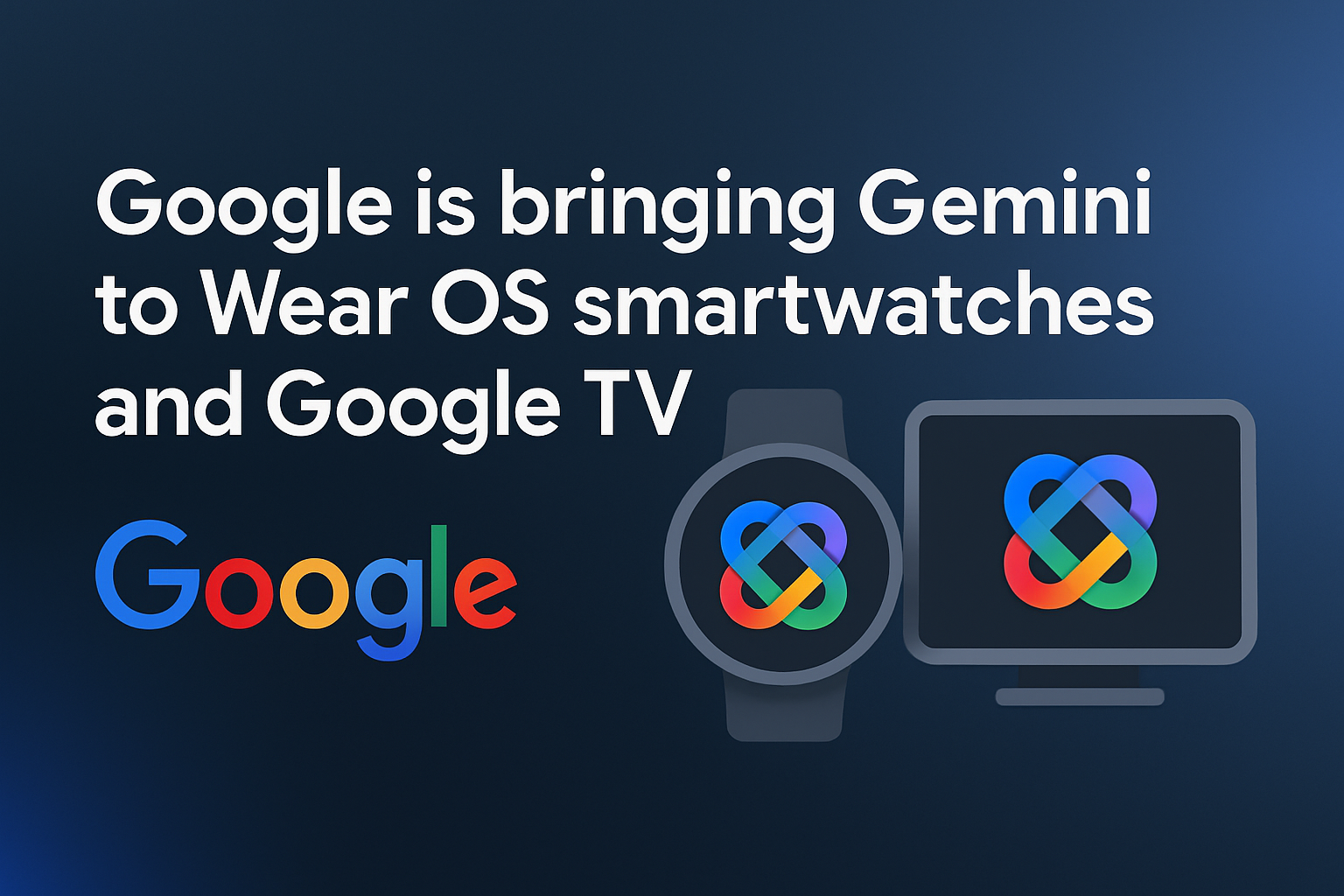
A year ago, it was “everything is about AI.” Months later, it was “everything is about gen AI.” Now the focus has shifted to agentic artificial intelligence (AI) and the topic is filled with gigabytes worth of opportunities and challenges. Even since summer’s end (just two weeks ago) this space has had its share of urgent developments, technical advancements and other innovations. All of which reinforce the momentum behind agentic AI.
Let’s start with the past week, with two use cases from LinkedIn and Booking.com.
LinkedIn Formalizes Its Agentic AI Stack
InfoWorld reports that LinkedIn has gone beyond chatbots to build a full agentic AI platform that treats agents as part of its cloud-native architecture. At the center is an “agent life-cycle service” that coordinates agents, data sources and applications while storing context externally so systems can scale like any other distributed app. The design leans on messaging-based architectures that support natural language and structured content, allowing agents to carry conversation history and context across tasks — critical for workflows like recruitment, where queries evolve over time.
The first major use case is an upgraded Hiring Assistant that helps recruiters filter job candidates in natural language while keeping humans firmly in the loop. Every step is auditable, with observability features like OpenTelemetry built in to ensure compliance and reliability. LinkedIn’s approach underscores a broader enterprise shift: treating agentic AI not as a flashy demo tool but as another piece of software infrastructure, requiring the same rigor in monitoring, governance, and trust-building as any other large-scale system.
Booking.com Bets on Agentic AI
Skift reports that Booking Holdings is building its own agentic AI platform to create travel experiences that rival, and potentially out-personalize, those offered by tech giants like ChatGPT and Google Gemini. Unlike chatbots that simply answer questions, Booking’s agentic AI is designed to take actions, such as booking a car with the right child seat or rebooking a delayed flight, while keeping travelers inside Booking’s ecosystem. CFO Ewout Steenbergen described the effort as a step toward “the real connected trip,” where entire itineraries update automatically and every service touchpoint is tailored to the traveler.
Steenbergen emphasized that the strategy is not just about personalization but also about trust and economics. By building agentic capabilities directly into its platform, Booking aims to give customers peace of mind that issues will be resolved by a provider they know, while also lowering customer service costs and boosting satisfaction. Features like natural language search are already reducing cancellations by better matching travelers to the right accommodations, and Steenbergen suggested the next wave of agentic AI could cement Booking’s lead in alternative accommodations.
Parallel Agents
Here’s a new term for a new area of agentic AI that we just started to notice recently. They’re not limited to Google, but Google’s developer blog does a good job explaining them. The parallel agent framework shows how agentic AI can split large jobs into smaller, independent tasks and run them at the same time. Instead of waiting for one agent to finish before starting the next, multiple sub-agents can work concurrently, whether that’s pulling in data from different sources, crunching heavy computations, or researching distinct topics. This approach can cut processing time dramatically, but it only works when tasks don’t need to share information while running. In practice, it means that agentic AI systems can start to look less like a single “bot” and more like an assembly line of digital workers, each handling a piece of the job in parallel and then passing the results to a synthesis step.
OpenAI Rolled Out Its GPT-Realtime model
It made its Realtime API generally available, giving developers tools to build more natural and reliable AI-powered voice agents. Unlike older systems that stitched together separate speech-to-text and text-to-speech models, the new setup processes audio in one step, cutting latency and preserving nuance. The upgrade makes it easier to deploy agents that can follow complex instructions, call external tools at the right time, and hold conversations that sound more human, complete with intonation, emotional cues, and even mid-sentence language switching. With features like phone calling, image inputs, and support for external servers, the technology is pitched as ready for customer service, personal assistance, and other real-world applications.
Nvidia: Smarter Data Highways Will Speed Up AI
The company released a new blog post that says that the real slowdown in AI today isn’t just inside the chips, it’s in how data moves in and out of them. Every time an AI system pulls customer records, grabs context from a database, or loads a large model, it depends on these “north-south” data connections. When they’re slow, the whole system feels sluggish. Nvidia’s answer is new networking technology that makes these data highways faster and more reliable, ensuring that agentic AI systems can respond instantly and at scale. For companies, this means customer-facing AI tools that are quicker, more dependable, and able to handle more complex tasks without bogging down.
Agentic AI Even Got Its Own ETF
SoFi has introduced the SoFi Agentic AI ETF on Sept. 3, giving investors a way to buy into companies building or using the technology. The fund tracks an index of 30 U.S.-listed firms tied to agentic AI. Current holdings include big names like Salesforce, Tesla and Nvidia, alongside companies in areas such as self-driving cars, cybersecurity, industrial automation, and enabling tech like semiconductors and cloud computing. Managed by Tidal Investments, the ETF carries a 0.69% fee and is available on SoFi Invest and other brokerages. SoFi positions AGIQ as a simple entry point for investors.
Let’s Not Forget the CFO
Boston-based FinQore announced the first direct integration of Anthropic’s Claude into a financial data platform recently, giving CFOs real-time access to reconciled, expert-validated company data inside the AI assistant. The move aims to solve one of finance’s biggest hurdles with AI — trusting the underlying data — by pairing Claude’s language capabilities with FinQore’s audit-trailed, context-rich financial records. Executives can now query models in plain English, test scenarios, and act on insights with more confidence. FinQore pitches the integration as a step toward “agentic finance,” where AI doesn’t just analyze numbers but also helps guide budget shifts, pricing moves, and growth strategies.
Let’s Not Forget Agentic Infrastructure
Visa has opened a new chapter in digital commerce by announcing tools designed to make agentic AI as seamless and trusted as swiping a Visa card. The company will give developers access to its Model Context Protocol (MCP) server, which provides a secure integration layer for plugging AI agents directly into Visa’s Intelligent Commerce APIs. Alongside this, Visa is introducing a no-code Acceptance Agent Toolkit that lets business teams generate invoices, create payment links, and run analytics with simple language prompts. Together, the moves are meant to speed up the creation of agent-enabled checkout flows while ensuring transactions remain anchored to Visa’s security standards.
For Visa, the strategy hinges on trust and ubiquity. Rubail Birwadker, the company’s global head of growth, told Karen Webster that the aim isn’t to have agent-led buying work for just a fraction of purchases but to make it universal, just like the traditional card experience. The MCP server reduces the friction of coding and authentication, compressing build times from weeks to hours, while giving developers a standardized way to test how authenticated AI agents behave in live checkout environments. At the same time, the Acceptance Agent Toolkit gives merchants “quick wins” on repetitive tasks, allowing them to see immediate value in agentic commerce as peak holiday season approaches.
Visa sees merchants falling into three camps: those eager to embrace agent channels as new sources of discovery and sales, established retailers recalculating acquisition costs as traffic shifts to agents, and cautious players worried about fraud. Across all three, the company argues, agentic commerce is not a passing trend but a new paradigm. Birwadker points to identity and authenticated credentials as the foundation of trust, with enriched transaction data serving as proof of what was bought, when, and under whose authority. That, he says, is how Visa plans to make agentic commerce both scalable and reliable, even as decades of web infrastructure built for human buyers are reimagined for machine-led transactions.
In-depth: CarEdge Rewrites the Auto Buying Playbook From Lot to Bot
What does agentic AI look like in practice? For decades, buying a car in the U.S. has been one of the least-trusted consumer experiences. Opaque pricing, aggressive sales tactics, and a lack of true buyer representation have tilted the field in favor of dealerships. CarEdge, led by CEO Zach Shefska, positions itself as a consumer-first advocate, offering education, pricing insights, and concierge negotiation services that put buyers back on equal footing. Its model flips the traditional dynamic by making the consumer its core customer.
CarEdge’s next bet takes that advocacy into the realm of agentic AI. Instead of simply arming buyers with data, the company is developing AI agents that can negotiate directly with dealerships on a customer’s behalf. Consumers would be able to select a car, click “negotiate this for me,” and let the AI secure quotes while they go about their day. The system shields personal contact details and draws on six years of CarEdge’s pricing intelligence to benchmark deals, raising the prospect of algorithm-to-algorithm bargaining becoming the new normal in auto sales.
The implications extend beyond cars. If CarEdge succeeds, high-value, emotionally charged retail sectors like real estate could also shift toward AI-led negotiations. Dealers, surprisingly, may welcome the change if it lowers acquisition costs and ensures better-qualified leads, even as they experiment with their own AI-powered sales agents.
Still, competition from tech giants looms: OpenAI, Google, or others could conceivably roll out one-click car-buying services. For now, CarEdge is betting that consumers will prefer independent advocates over walled gardens, even if the next negotiation starts not with a handshake, but with two algorithms trading offers.
Source: https://www.pymnts.com/




